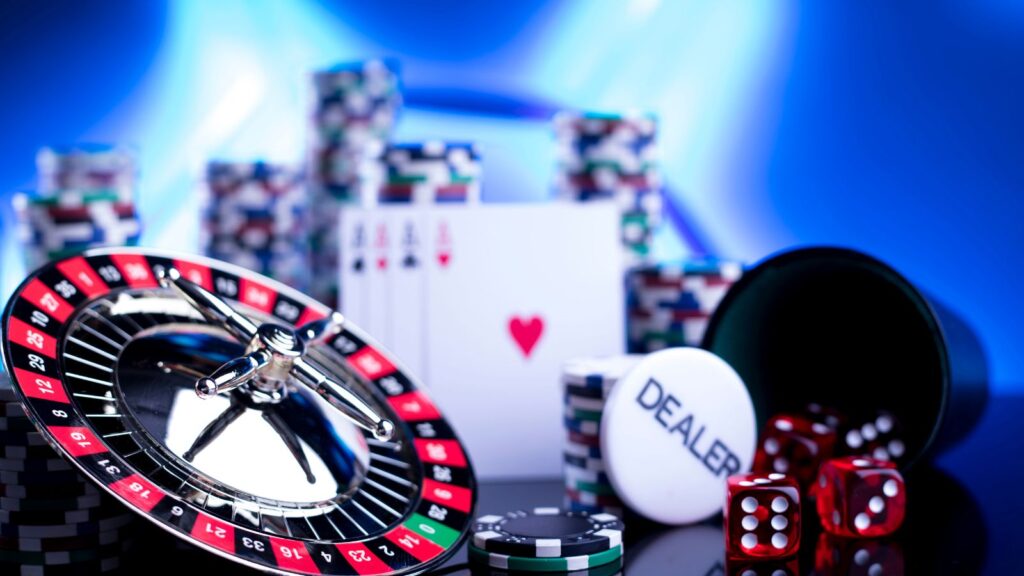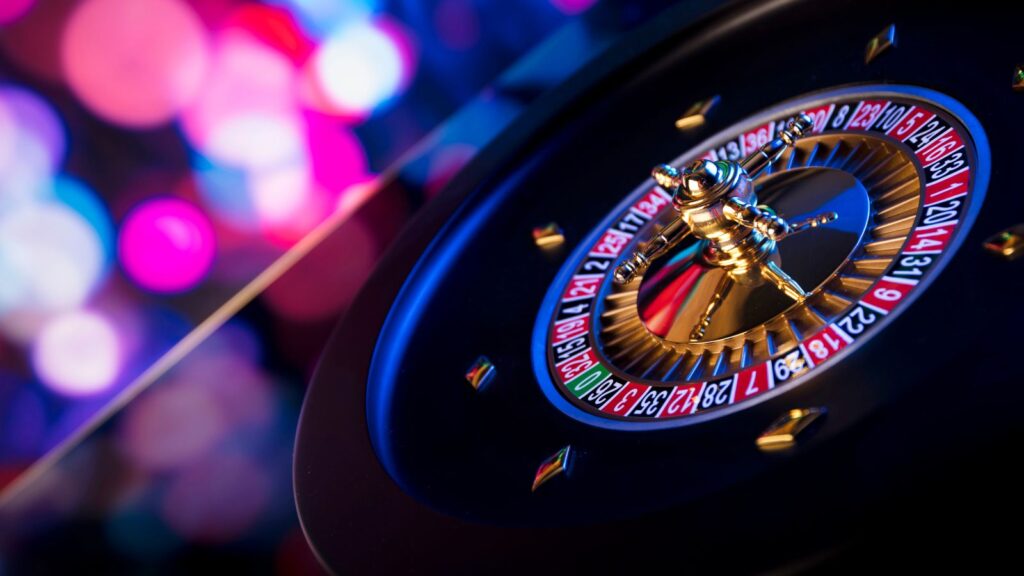Imagine you’re standing at a blackjack table when someone nearby mutters, “Don’t let the third-base player mess it up.” A few feet away, another player is whispering about a “hot” slot machine that’s about to pay out. Does this sound familiar? Although casinos have changed a lot over the years with high-tech games and digital odds, many people still believe in superstitions while playing. Myths are all around us because we’re naturally inclined to spot patterns; we remember the wins and forget the losses. Let’s be honest: gambling becomes more thrilling when there’s a touch of mystery.
Today, we’re busting ten of the most common casino myths still floating around in casinos and online forums. The truth might not make you any luckier, but it’ll definitely make you smarter. And if you want to play where fairness and transparency actually matter, stick with the best online casinos that are tested and trusted by real players.
Myth 1: The Games Are Rigged, The House Cheats
Casinos don’t secretly rig things to make you lose every time. Regulated casinos use certified random number generators, undergo audits, and have a built-in house edge that ensures long-term profit. Cheating at casinos can lead to serious consequences, such as losing your license or even your property. At legitimate casinos, the only thing stacked against you is math, not a hidden switch. If you’re not sure about a casino’s legitimacy, check its license, testing lab, and game RTP pages. Transparent operators make these pages easy to find.
Myth 2: Hot Tables and Lucky Streaks
Although the tables feel real, every roll, spin, and deal is independent. The roulette ball has no memory; what appears to be momentum is merely randomness at work. The gambler’s fallacy creates the illusion of patterns, so enjoy your winning streaks without assuming they predict the next result. Think of them as entertainment, not evidence, and stick to your plan instead of getting caught up in the moment.
Myth 3: Machines Are Due to Hit or Get Tightened
A slot machine is never “due,” and casinos don’t arbitrarily tighten or loosen payouts. RNGs ensure that every spin is independent, and in regulated markets, it’s not possible to simply change the payout settings. If it seems like jackpots happen more often during busy hours, it’s simply because more people are playing. Variance creates clusters of wins and dry spells, so set a budget and session length instead of chasing a machine that “owes” you.

Myth 4: Casinos Pump Oxygen or Use Secret Chemicals
Casinos don’t pump oxygen or pheromones into the air to keep you gambling. That would be impractical, illegal in many places, and a fire hazard. Instead, they use design and hospitality to create an environment that makes you want to stay. This includes pleasant scents, comfortable temperatures, flattering lighting, music, and free drinks. You’ll also notice that there aren’t many clocks and the floor layout is confusing. These are classic cues to take a break, not mind-blowing displays of sci-fi technology.
Myth 5: Dealers and Casinos Can Influence Outcomes
In regulated rooms, dealers don’t use magnets on the roulette balls, and the dice aren’t tampered with. Modern equipment is balanced, inspected, and audited. In craps, dice must hit the back wall. Shufflers and wheels undergo regular testing. There is surveillance everywhere, and staff have no incentive to cheat because the house edge supplies the profit. If a game piece isn’t up to par, the rules state that it should be removed; it’s just one more thing that most players don’t notice.
Myth 6: Player Loyalty Cards Hurt Your Chances
Using a loyalty card won’t affect the outcome because the tracking systems and the game’s random number generator (RNG) are separate. The game doesn’t know or care who you are. The card only affects comps, cash back, and offers. Skipping the card means missing out on some value, but it won’t improve your odds. Over time, these perks offset a small portion of your expected losses, and this is the only “edge” that a regular player can legitimately gain outside of skill-based games.
Myth 7: Card Counting Is Illegal
It isn’t illegal to count cards in blackjack if you do it in your head. It’s just math and memory. Casinos can respond by shuffling more often, asking you to stop, or removing you from the game. However, you won’t be arrested for doing it. Using devices or outside assistance, however, is illegal and considered cheating. Even the best counters have to deal with variance and heat, so think of it as a sophisticated discipline rather than a surefire way to make money.
Myth 8: Betting Systems and Secret Formulas Beat the House
No staking plan can transform a game with negative expectations into one with positive expectations. Systems like the Martingale merely reshuffle the cards and collapse when losing streaks reach the bankroll limit or table cap. Any method that promises guaranteed profit from a negative expectation game is just marketing, not math. Having sensible bankroll management strategies, such as small unit sizes, preset stop-loss and cash-out points, can help you manage swings; however, they won’t change the underlying odds.
Myth 9: Other Players or Your Seat Affect Your Luck
A third-base decision in blackjack can help or hurt you, but over time, the outcome evens out. Seats, auras, and “lucky chairs” don’t affect the probabilities, so changing seats mostly affects your mood, not the actual results. Focus on the fundamentals: a solid strategy, smart game choices, and managing your bankroll. These are the things you have control over. It’s easy to blame your neighbors, but it’s much better to take responsibility for your own choices.
Myth 10: Leave When You’re Up, or Bet More When You’re Due
Leaving ahead is good, but it doesn’t change the long-term expectation because the house edge remains the same from the first bet to the last. Betting more just because you feel like you “deserve” to is a common mistake. Independent events don’t owe you a win. When you’re on a winning streak, keep it up! When you’re not, don’t beat yourself up. Try not to make a bad situation worse by chasing after it. If you think of treatment sessions as a form of entertainment that comes with a price tag, you’ll make smarter choices.


